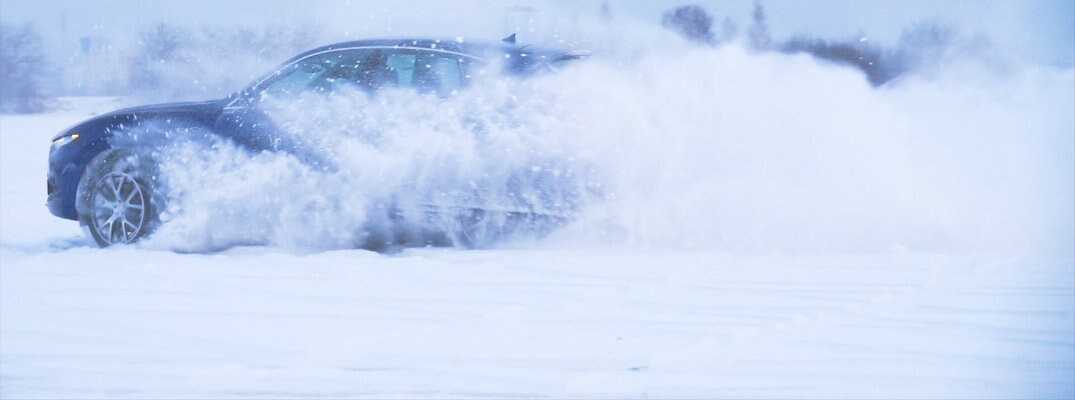
Severe Cold Weather and What to Do About it
Severe cold weather can have a variety of effects on your vehicle, most of them either bad or inconvenient. That said, what are some specifics? What can you do about it? Continue reading below in order to find out for yourself!Deflated Tires and Solution
As the air in your tires gets colder, and the temperatures dive down, the material contracts and loses pressure. This thus leads to tire deflation. You should check your tires more often than normally, at least once a week, and make sure you keep the tires at or near manufacturer recommended pressure. This ensures you get optimal traction, fuel economy, and tread wear.Dead Battery and Solutions
Winter is rough on batteries. They have a better chance of dying in winter, making it hard to start your model. The good news is that jumping a battery isn’t too difficult, and jumper cables are easy to use. You should also make sure that your battery isn’t more than three years old, as a newer battery will have an easier time starting.Thick Oil and Solutions
Finally, as the temperatures drop, oil gets thicker. At temperatures lower than zero, about 20 degrees below zero, oil gets so thick that the engine struggles to pump it and circulate it. This can, obviously, leave you in a bad spot if you’re trying to start your model. You should try to get low-viscosity oil in the winter, synthetic oils help out a lot as they’re able to flow at temperatures down to –40 degrees Fahrenheit.These are just three problems you can encounter in severe colds during the winter as well as some solutions. If you want to learn more about them, or to find out fixes for other problems you might have, please contact our agents today!